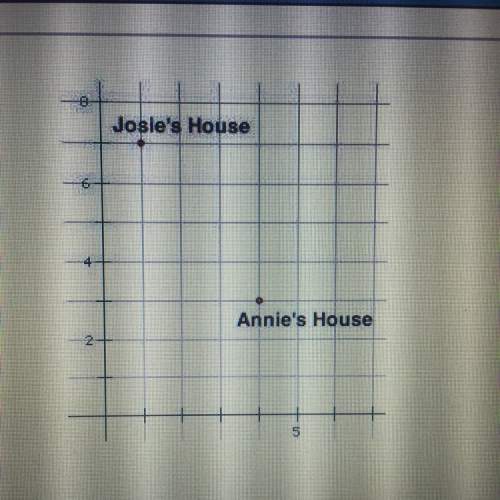
Mathematics, 27.02.2021 23:40 soliseric879
The bee population in a certain area is declining at an uninhibited rate of 36.5% per year. How long will it take for that population to be one-fourth of the initial population?
1.6 years
11.3 years
5.9 years
3.8 years

Answers: 2


Other questions on the subject: Mathematics

Mathematics, 21.06.2019 18:00, ethangeibel93
What set does not contain -3 the set of all real numbers the set of all integers the set of all whole numbers the set of all rational numbers
Answers: 1


Mathematics, 21.06.2019 21:00, Kekkdkskdkdk
Out of $20$ creepy-crawly creatures in a room, $80\%$ are flies and $20\%$ are spiders. if $s\%$ of the total legs belong to spiders, what is $s$?
Answers: 2

Mathematics, 21.06.2019 21:00, carissaprocacci
Tessa bought stock in a restaurant for $253.00. her stock is now worth $333.96. what is the percentage increase of the value of tessa's stock? a.) 81% b.) 32% c.) 24% d.) 76%
Answers: 1
You know the right answer?
The bee population in a certain area is declining at an uninhibited rate of 36.5% per year. How long...
Questions in other subjects:


Mathematics, 23.04.2020 17:55


Mathematics, 23.04.2020 17:55




Biology, 23.04.2020 17:55

Mathematics, 23.04.2020 17:55

Mathematics, 23.04.2020 17:55




